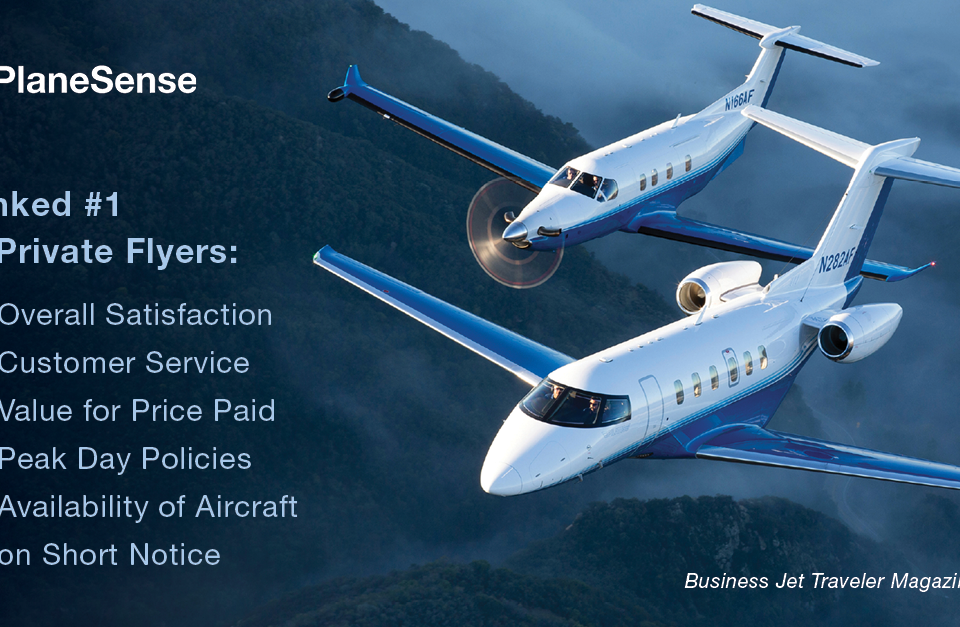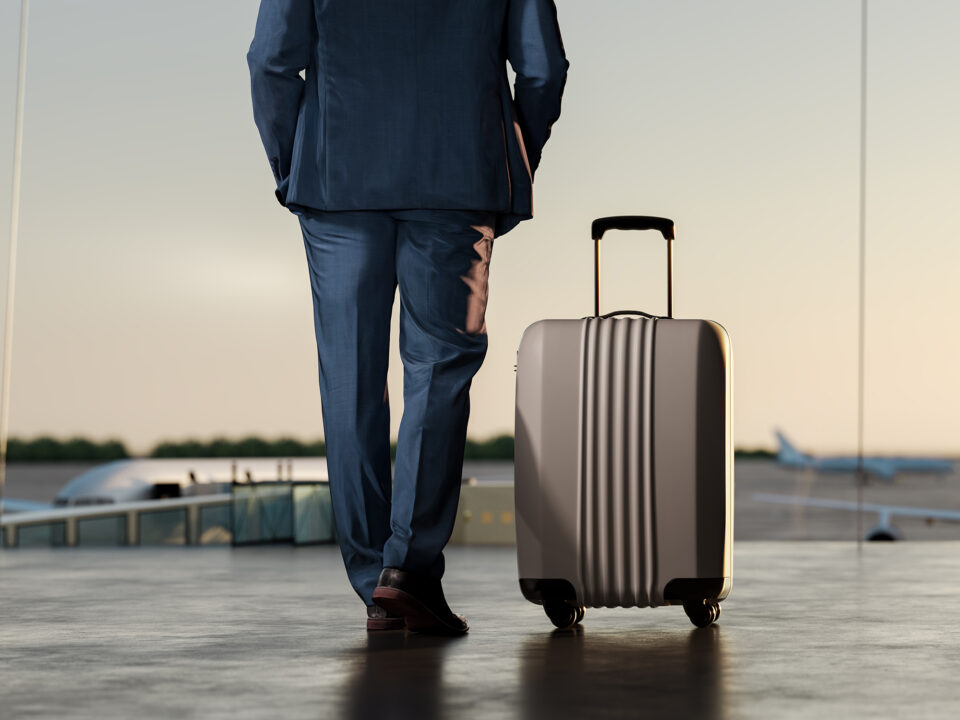With the growth of private aviation in recent years, business and leisure travelers continue to navigate the many options available to solve their flight needs. Charter flights are a common option for those new to private aviation and for those who don’t need to fly often. While many charter operations are professional and legitimate, illegal charters can pose a problem if you don’t know what to look for.
Illegal charter has been a problem since the charter business model began but saw an increase back in 2008 when the recession hit. This surge in demand for private flights has unfortunately resulted in an increase in illegal charter operations. The Federal Aviation Administration (FAA) and other regulatory agencies have focused their efforts on this problem in recent years, but there are steps you can take to protect yourself and recognize the signs of an illegal operation that might otherwise easily go unnoticed. These small things can have an impact on your safety and your wallet.
What is illegal charter?
Illegal charter occurs when a company or person is registered as a Part 91 operator but is using their aircraft for what would be Part 135 operations. In layman’s terms, Part 135, a standard legal commercial operation, requires higher standards in maintenance, operations, and piloting compared to Part 91, which is non-commercial. Others simply aren’t registered as a Part 91 operator at all.
Some operators unknowingly participate in illegal charter activities when they provide a flight to an individual for a fee, without the appropriate authorization. Others are operating negligently or simply don’t understand the regulations. Some are outright illegal, purposefully ignoring the rules designated by the FAA. Regardless of the situation, this is not a safe approach to private flying.
There are many risks associated with flying with illegal charter flights including:
Reliability – There have been many publicized cases where individuals have arranged for a private charter flight, only to be stranded when the aircraft never shows up. They are often unable to recoup their financial investment for the flight.
Safety – When you’re not flying with a well-established, vetted operator, there’s no way of knowing whether the aircraft has been properly maintained or if the pilots have the right training and certifications for the aircraft.
Costs – Illegal charter operations can charge what they want, add costs when not expected, and make it impossible to get a refund when the aircraft is a no-show. With charter prices dropping post pandemic, it can be tempting to select a flight based on costs alone. Don’t be fooled by prices that appear too good to be true, as they could be an indicator of an illegal air charter.
Liability – Operational control is an important factor in charter flights. This signifies who has the ultimate authority and responsibility for maintaining aircraft, the people that are flying them, and the logistical operation of the flight. In charters, operational control must be maintained by the charter operator. In illegal charters, operational control is sometimes passed on to unwitting flyers, meaning they are liable for the total cost of any damages, injuries, or legal fees. In some cases, this has resulted in passengers losing millions of dollars.
Reputation – The consequences of being involved with illegal charter operators can have a detrimental impact on both your professional reputation and the reputation of your business.
What can you do?
Simply put – due diligence. You are ultimately the one who must determine if a charter operation is legal or not before you fly. Here’s a list of questions you should be asking:
- Am I booking a charter flight through a reputable broker or program? How long has this operator been in business? Research the company’s reputation or any pending legal disputes.
- Do the pilots meet the minimum qualifications and hours of experience to fly the aircraft?
- Do I fully trust this operator’s ability to safely fly me to my destination? What factors should I consider when searching for a trustworthy flight operator?
- What are the maintenance protocols for this aircraft?
- Who is performing the maintenance?
- Are the maintenance technicians highly trained for this specific aircraft, and has it been properly maintained?
- Has the charter operation received certification from ARGUS or IS-BAO, two independent organizations that assess and rank the safety of charter operations?
- Can the Operator provide an Air Carrier or Operating Certificate to verify that the aircraft is authorized for charter use? A major cause for concern is when the operator declines or avoids addressing this request.
- What are all the costs associated with the charter reservation?
- What is the plan if the pilot or aircraft are unable to fulfill my flight?
- Do the documents attempt to transfer operational control to me?
- Am I paying Federal Excise tax for this flight? All charter operators are required to charge this to the client, and failure to do so may indicate that the company is not operating legitimately.
- Did the pilots conduct a safety briefing and are there passenger safety cards on board as required?
- Is the charter operator being evasive with my questions and concerns? Legitimate operators will be transparent and helpful.
- Is the pilot or someone associated with the company coaching me on what to say or do if an FAA inspector meets the aircraft at its destination?
A Better Solution
To avoid all the hassles of charter flights, those seeking to fly privately could choose a different, more reliable program, such as the PlaneSense® fractional program. Providing world class service for nearly 30 year, the PlaneSense® program offers a cost-effective ownership solution for private flights with expertly maintained aircraft, highly trained pilots, and an unwavering commitment to safety. The PlaneSense® program is one of only five U.S. operators to be awarded the ARGUS Platinunm Elite designation for safety. Recognized across the aviation industry for its practices and attention to detail, the PlaneSense® program serves the U.S., Canada, Bermuda, the Bahamas, the Caribbean, Mexico, and Central America with a large fleet of state-of-the-art aircraft. Share owners in the program enjoy guaranteed access to flights, no hidden costs, and no blackout dates. To fly with a company you can trust, call today at 866-214-1212 or email sales@nullplanesense.com.







